Travelling in Europe: country-by-country holidaying restrictions explained
First details revealed about much-discussed ‘air bridge’ scheme
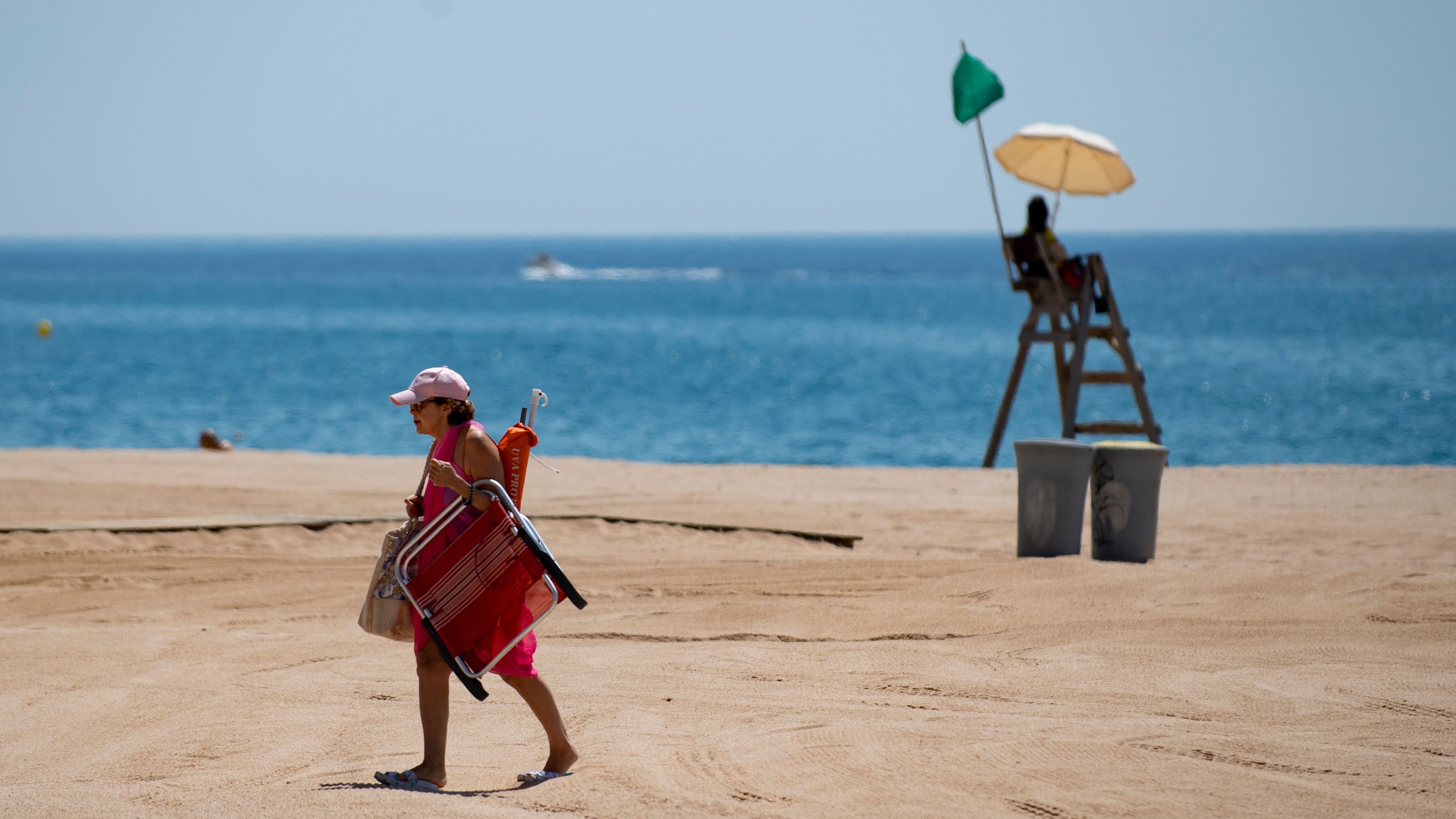
A free daily email with the biggest news stories of the day – and the best features from TheWeek.com
You are now subscribed
Your newsletter sign-up was successful
The UK is close to unveiling the first countries to be included in the planned “air bridge” scheme, according to government sources.
“Low-risk” destinations such as France, Greece and Spain are likely to be included in the first cluster of countries amid hopes of firing up “the Mediterranean tourist industry from July 4”, sources told The Telegraph.
A slightly larger list of countries will then be released next week. This is thought to include Norway, Finland and the Netherlands, as well as islands in the Caribbean considered safe for travel, the paper reports.
The Week
Escape your echo chamber. Get the facts behind the news, plus analysis from multiple perspectives.

Sign up for The Week's Free Newsletters
From our morning news briefing to a weekly Good News Newsletter, get the best of The Week delivered directly to your inbox.
From our morning news briefing to a weekly Good News Newsletter, get the best of The Week delivered directly to your inbox.
The Government is currently looking into whether a long-haul air bridge between the UK and Australia is feasible. However, “there are difficulties over transiting in stop-over countries which could carry a risk of spreading coronavirus”, the paper says.
Foreign holiday bookings have risen by more than 50% in two weeks as “Britons secure their breaks before the government eases travel restrictions”, according to The Times.
So as speculation mounts over the finer detail of the plans, here is a nation-by-nation guide to current travel restrictions.
France
A free daily email with the biggest news stories of the day – and the best features from TheWeek.com
As part of a significant lifting of coronavirus lockdown measures, France has fully opened its borders to travellers from other European countries since 15 June.
Cafes, hotels and restaurants have also reopened across the country, although social distancing measures remain in place, says the BBC.
Visitors from the UK currently have to submit to a 14-day quarantine when they return home from France and from all other overseas destinations apart from the Republic of Ireland.
However, reports suggest that London and Paris may agree a reciprocal deal to scrap quarantine measures.
The French government has also said it will begin relaxing restrictions on travel from countries outside the EU on 1 July.
Spain
Spain’s prime minister Pedro Sanchez opened his country’s borders to those from other EU countries on 21 June. The only exception is Portugal, the border to which will remain closed until 1 July at Lisbon’s request.
Visitors can enter Spain without the need to quarantine on arrival.
The relaxed guidelines are part of the authorities’ bid to boost the nation’s tourism sector, which accounts for more than 11% of GDP, says Euronews.
Italy’s borders have been open since 3 June for everyone coming from the UK, EU and Schengen Area.
Arrivals do not have to quarantine unless they have visited a country outside the bloc in the two weeks prior to entering Italy, in which case they must self-isolate for 14 days.
Portugal
Portugal’s land border with Spain remains closed until 1 July, but air travel is allowed from EU countries and there are no quarantine rules.
However, some lockdown measures, including an 8pm curfew, are being reimposed in the capital, Lisbon, following a spike in new coronavirus cases, reports The Telegraph. Restaurants are not allowed to serve drinks after the curfew, and drinking in public spaces outside of licensed esplanades is also prohibited.
Cyprus
Flights from 19 EU countries are allowed into Cyprus, while those from a second group of countries - currently comprising Israel, Poland and Romania - need a health certificate, says Politico.
People from Belgium, the UK, Sweden and the Netherlands are not allowed in, and travel from all other nations is allowed only in exceptional circumstances and after receiving official approval.
Germany
Germany’s borders are open to visitors from Europe, but not from outside, says the country’s Foreign Ministry.
No reason is required to enter from EU-countries, Schengen-associated countries (Iceland, Liechtenstein, Norway and Switzerland) and the UK.
However, Germany has reimposed lockdown measures in its most populous state, North Rhine Westphalia, after a surge in Covid-19 infections linked to a local meat-processing plant.
–––––––––––––––––––––––––––––––For a round-up of the most important stories from around the world - and a concise, refreshing and balanced take on the week’s news agenda - try The Week magazine. Start your trial subscription today –––––––––––––––––––––––––––––––
What about other European countries?
Belgium, Croatia, Poland and Switzerland have all fully reopened their borders with EU countries.
The Czech Republic is allowing travel to and from 26 countries but is still banning people from Belgium, Portugal, Sweden and the UK, says the BBC.
Greece has reopened its borders to people from EU countries and is also allowing visitors from Australia, New Zealand, Japan and South Korea to enter. Visitors from the UK face mandatory tests and quarantines for the time being.
Austria lifted travel restrictions on 16 June, but has kept a ban in place on visitors from Portugal, Spain, Sweden and the UK.
Bulgaria is open to visitors from Europe, but those arriving from Belgium, Portugal, Sweden, the Netherlands and the UK face a 14-day quarantine.
Sweden and Luxembourg have not closed their borders during the coronavirus pandemic.
-
 Local elections 2026: where are they and who is expected to win?
Local elections 2026: where are they and who is expected to win?The Explainer Labour is braced for heavy losses and U-turn on postponing some council elections hasn’t helped the party’s prospects
-
 6 of the world’s most accessible destinations
6 of the world’s most accessible destinationsThe Week Recommends Experience all of Berlin, Singapore and Sydney
-
 How the FCC’s ‘equal time’ rule works
How the FCC’s ‘equal time’ rule worksIn the Spotlight The law is at the heart of the Colbert-CBS conflict
-
 Book reviews: ‘We the People: A History of the U.S. Constitution’ and ‘Will There Ever Be Another You’
Book reviews: ‘We the People: A History of the U.S. Constitution’ and ‘Will There Ever Be Another You’Feature The many attempts to amend the U.S. Constitution and Patricia Lockwood’s struggle with long Covid
-
 Why Irish traditional music is having a moment
Why Irish traditional music is having a momentIn The Spotlight Frustrations with isolation and technology credited for reviving 'auld' trad tunes
-
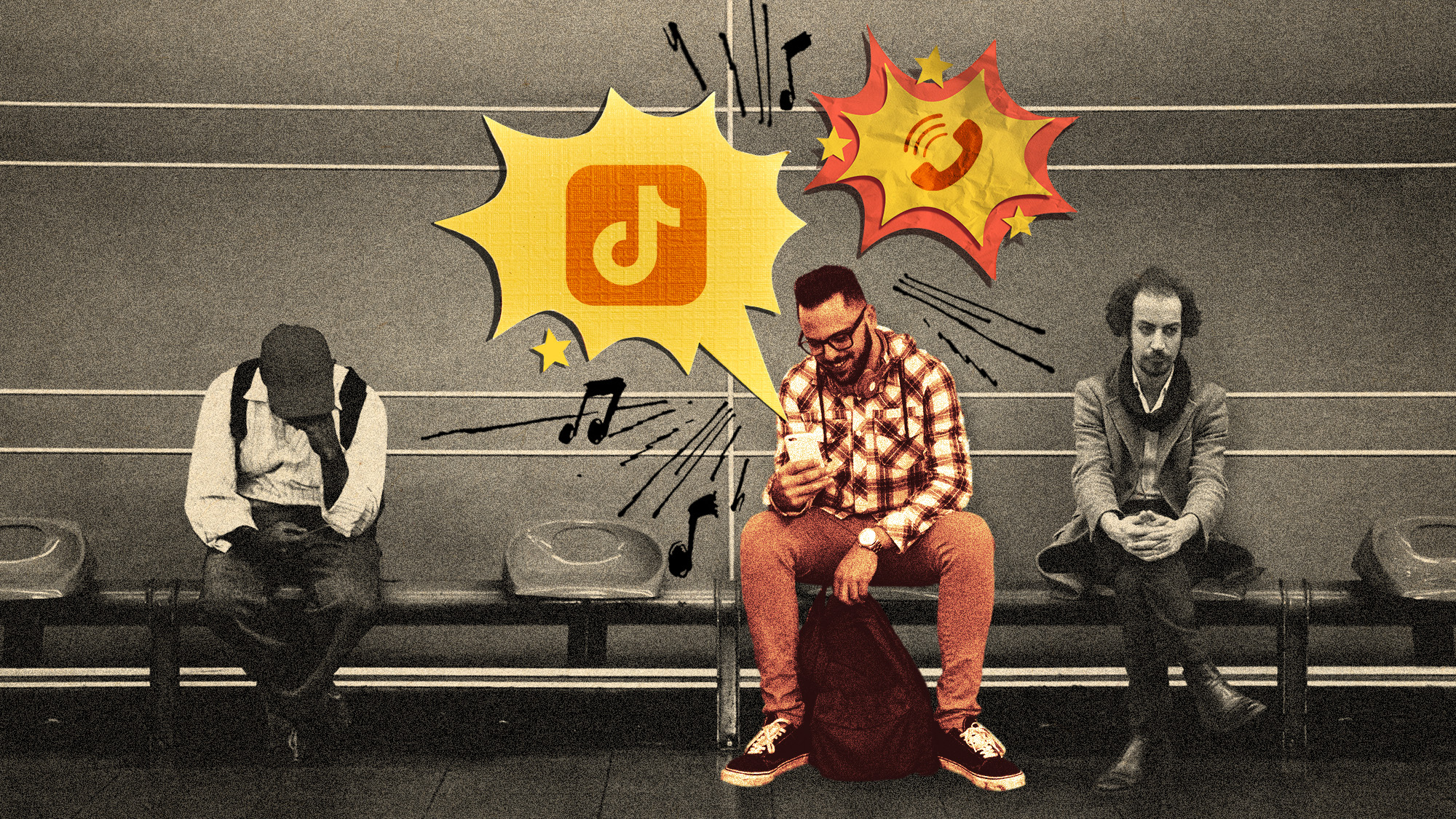 A not-so-quiet place: Why is no one using headphones in public anymore?
A not-so-quiet place: Why is no one using headphones in public anymore?Under the Radar People are increasingly comfortable with both speakerphone and watching videos (very) out loud
-
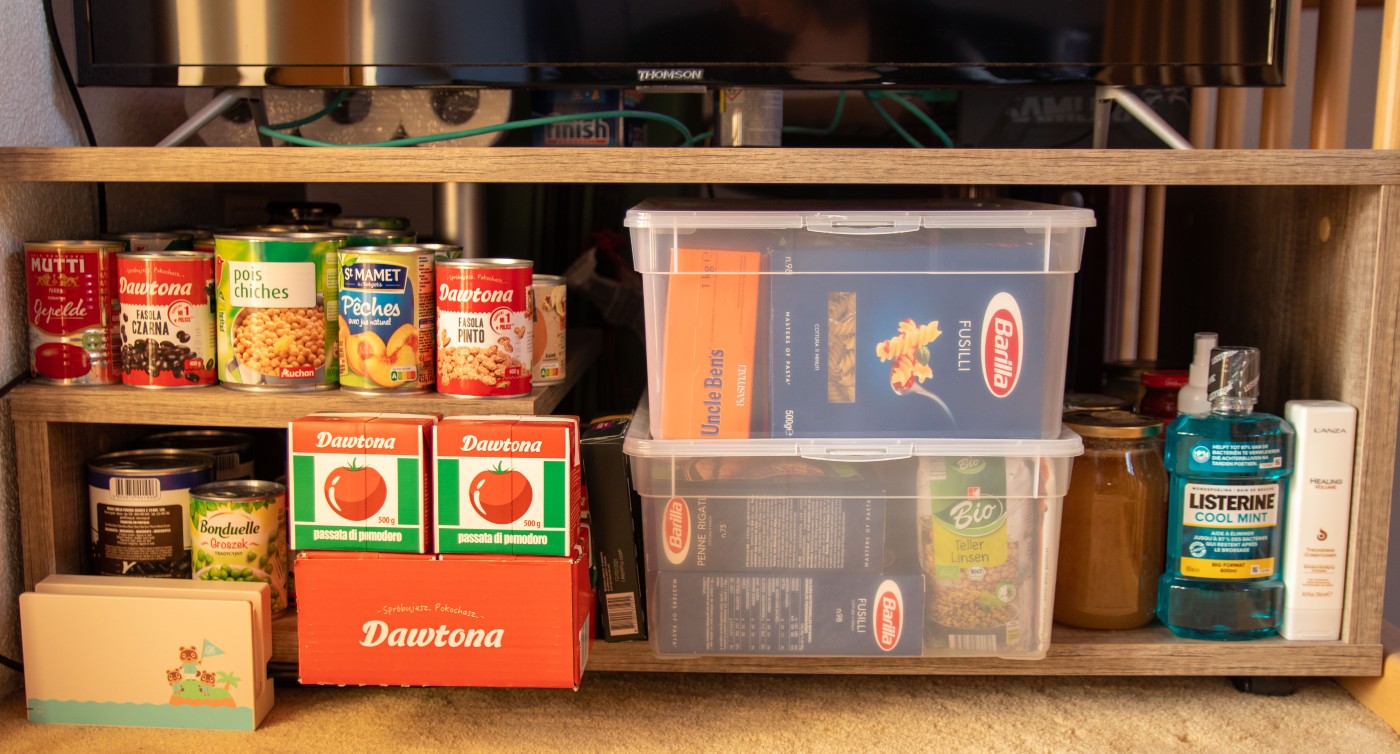 Gas masks and loo rolls: why 'preppers' are on the rise
Gas masks and loo rolls: why 'preppers' are on the riseUnder The Radar Doomsday community has expanded from 'Rambo wannabes' to 'Tesco regulars'
-
 Breathtaking: the Covid drama that may make you scream
Breathtaking: the Covid drama that may make you screamThe Week Recommends ITV three-parter is a 'tour de force' that exposes 'political complacency'
-
 The lasting changes of the post-pandemic dining era
The lasting changes of the post-pandemic dining eraThe Explainer The newest of new normals
-
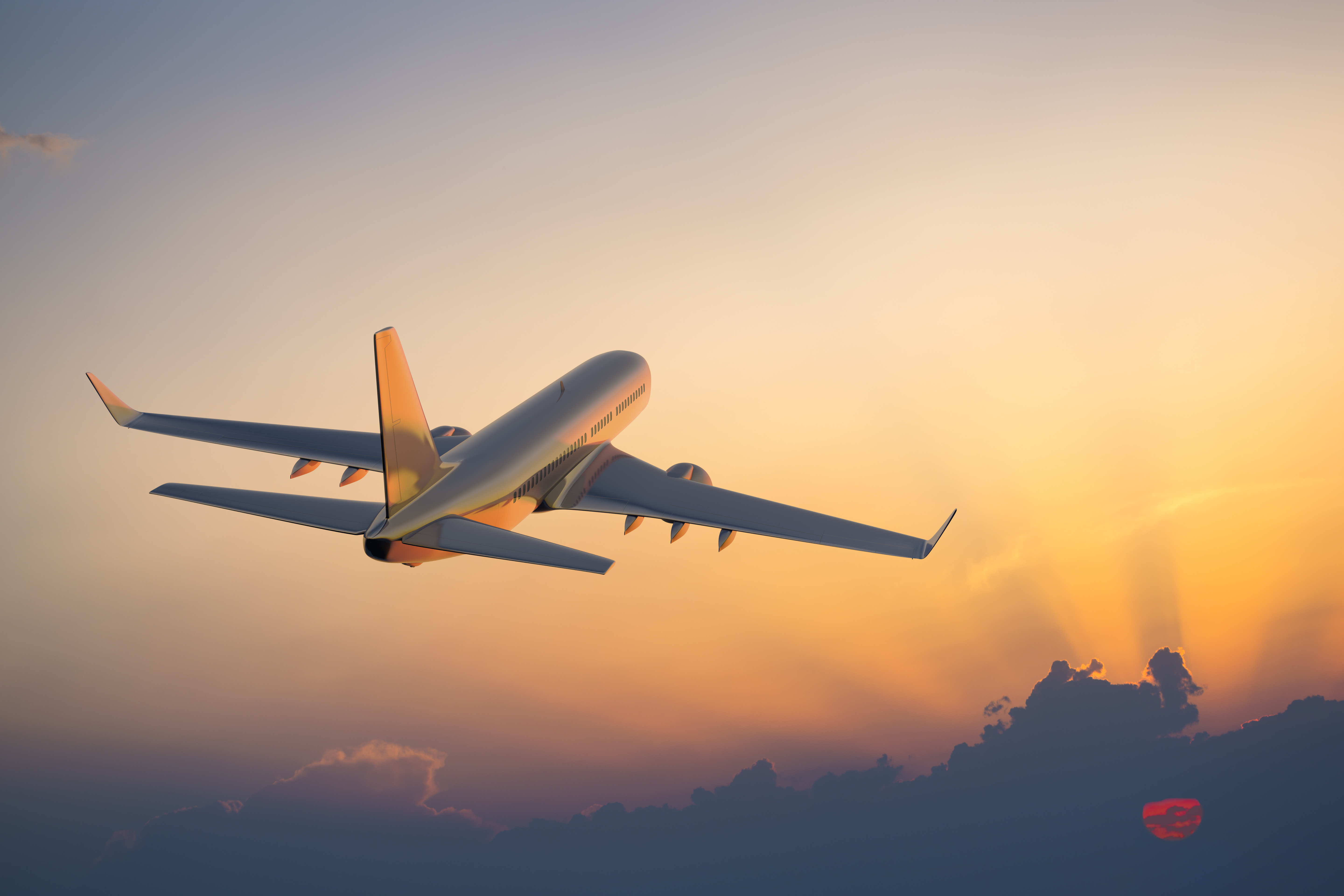 How revenge travel is impacting the aviation and tourism industries
How revenge travel is impacting the aviation and tourism industriesTalking Point The surge in travel is a far cry from the previous pandemic years during which travel took a hit
-
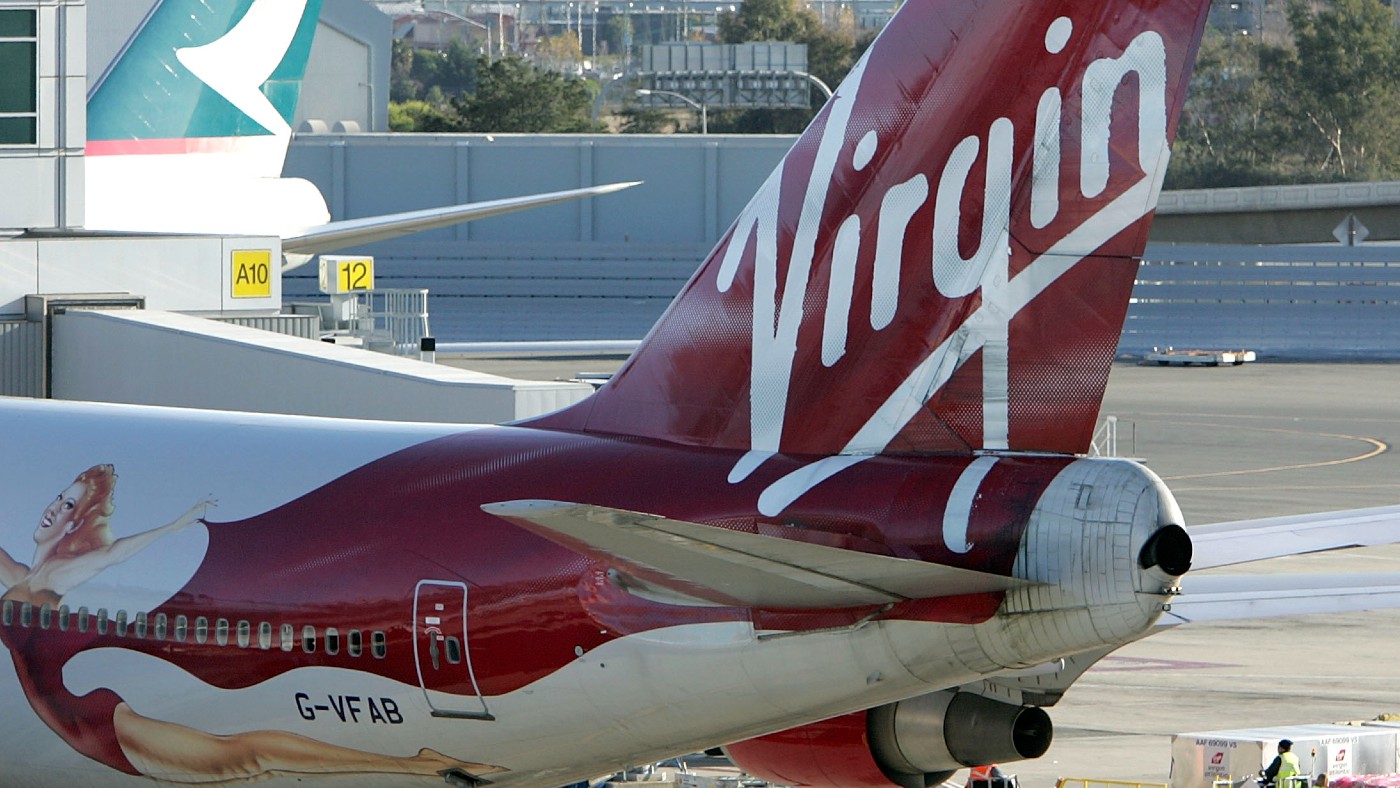 Virgin Atlantic fined for violating Iraqi airspace
Virgin Atlantic fined for violating Iraqi airspaceSpeed Read Airline said the incursions were accidental and caused by the Covid-19 pandemic